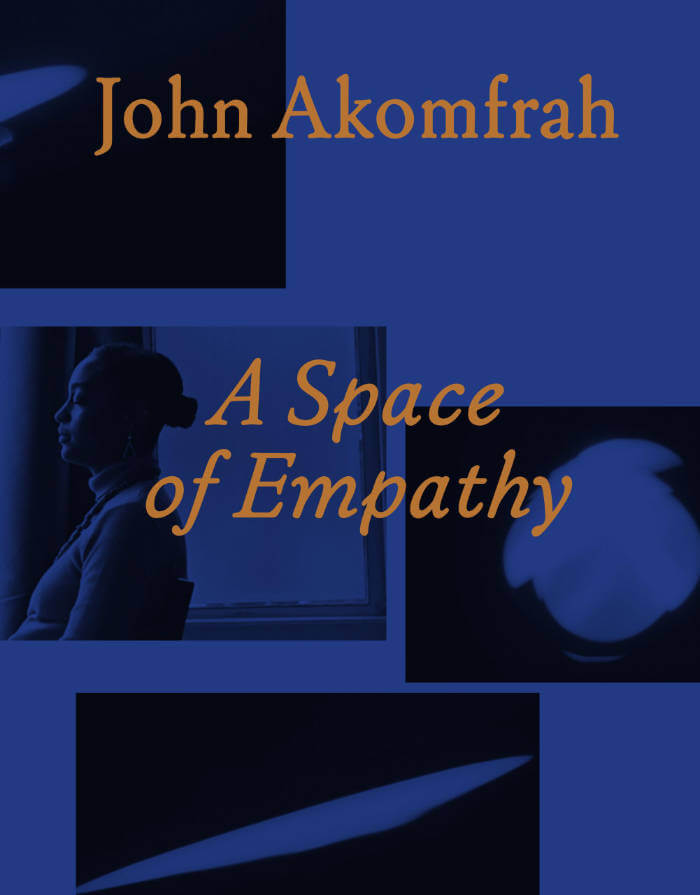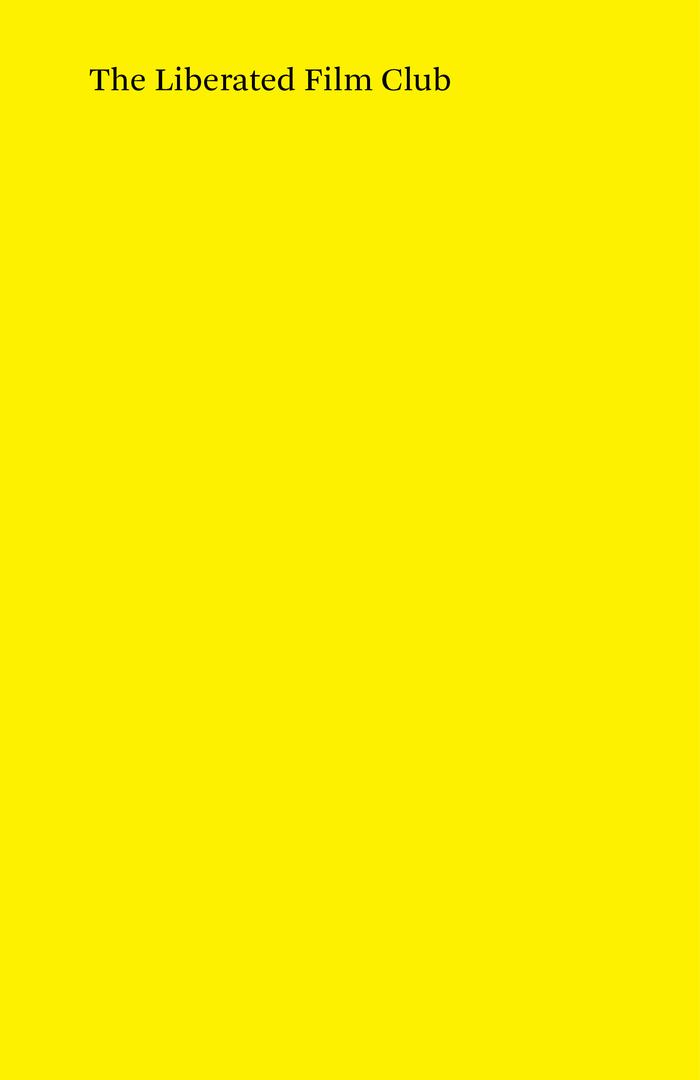
A Space of Empathy
An overview of John Akomfrah's work, with contributions by Julia Grosse and Nelly Y. Pinkrah, an interview with the artist, along with a foreword by Sebastian Baden.
John Akomfrah creates thoughtful video works of haunting audiovisual intensity. He tells of the radical changes and crises of the present and past on characteristic large-format screens. From November 9, 2023 to January 28, 2024, the Schirn Kunsthalle Frankfurt is presenting for the first time a comprehensive overview of the artist's work in Germany, featuring a selection of three major multichannel installations from recent years: The Unfinished Conversation (2012), Vertigo Sea (2015), and Akomfrah's new work, Becoming Wind (2023). A co-founder of the influential London-based Black Audio Film Collective (established in 1982), Akomfrah's work interweaves newly shot film sequences with archival material to create multilayered, at times associative collages, frequently in the form of simultaneous narrative structures.
Akomfrah's immersive installations critically examine colonial pasts, global migration, and the climate crisis. He addresses one-dimensional historical representations by allowing multiple perspectives to emerge in the narrative, disrupting the notion of linearity and the illusion of a one and only truth.
Published on the occasion of the eponymous exhibition at Schirn Kunsthalle Frankfurt in 2023-2024.
John Akomfrah (born 1957) is a British artist, writer, film director, screenwriter, theorist and curator. His works are characterised by their investigations into memory, post-colonialism, cultural identity, temporality and aesthetics and often explores the experiences of migrant diasporas globally. Akomfrah was a founding member of the influential Black Audio Film Collective, which started in London in 1982 alongside the artists David Lawson and Lina Gopaul, who he still collaborates with today.







